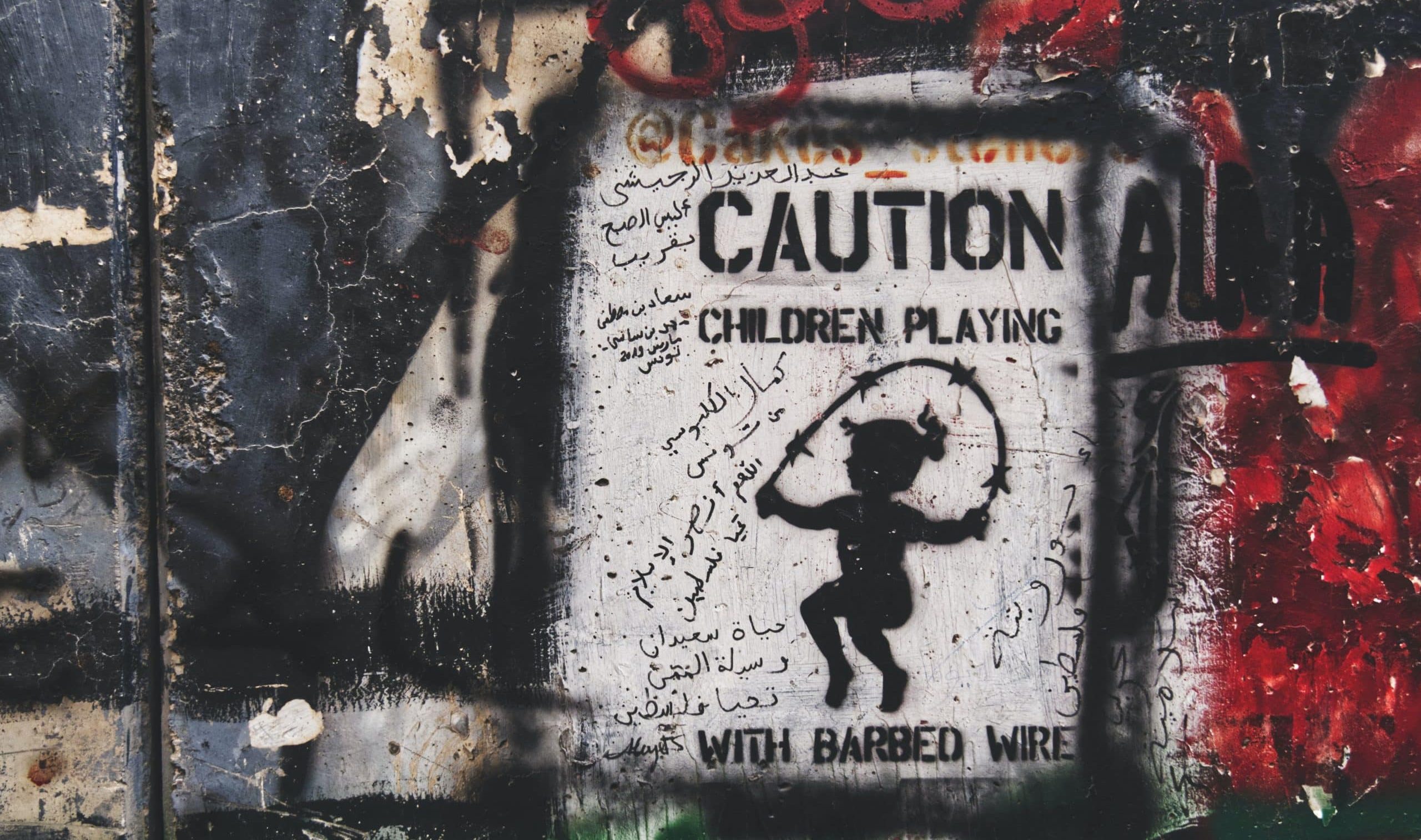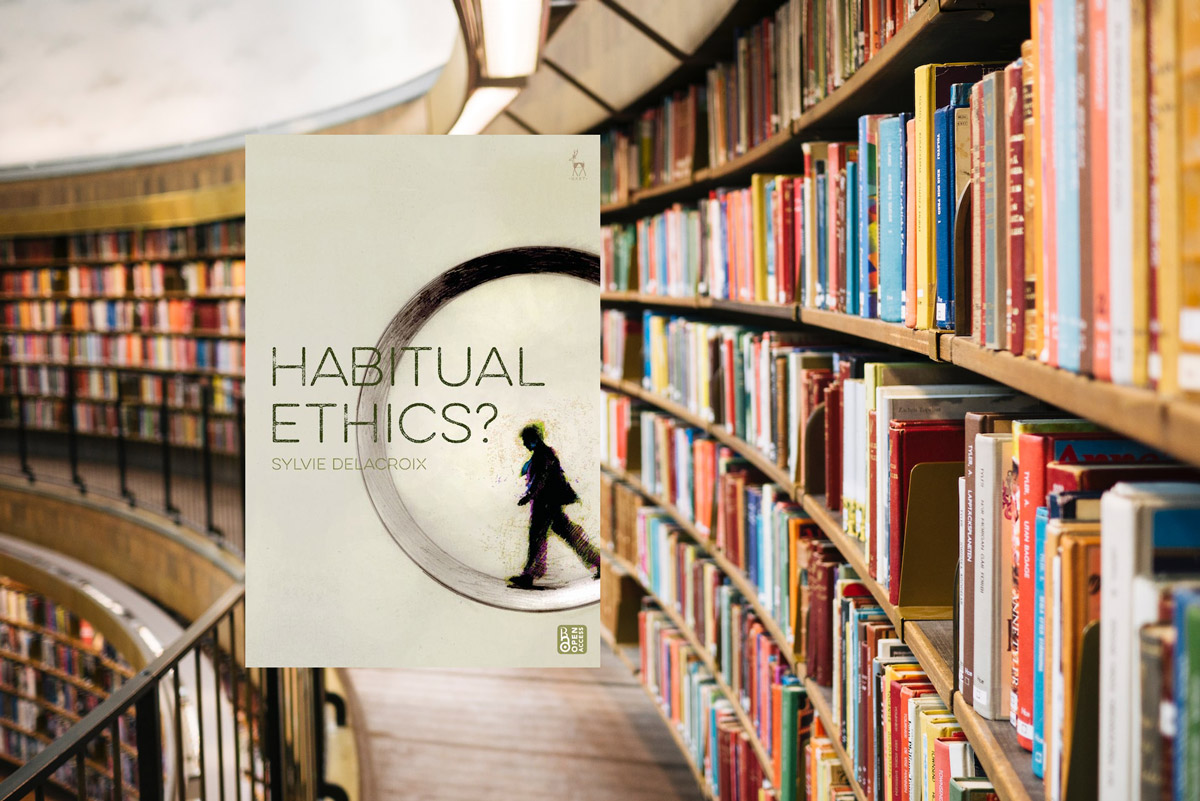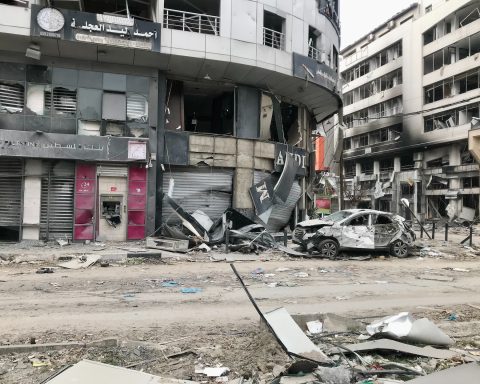Rabia Aftab is a GP in North Lincolnshire
On October 16th and 19th 2023, the Royal College of General Practitioners1 and the Royal College of Obstetrics and Gynaecology2 wrote to their members (by email) in relation to the lives lost in Israel and Palestine and the subsequent humanitarian crisis in the region. I was deeply touched by the thoughtfulness of the leaders of these Colleges. I felt proud that we are affiliated with organisations who value human life regardless of race, colour, or creed.
I then searched BJGP Life online (British Journal of General Practice), a platform that has been kind enough to publish many of my reflections in the past, to explore thoughts from other healthcare professionals in the UK and also worldwide. To my surprise, the last articles mentioning ‘Middle East’ or ‘War’ were from earlier this year highlighting the devastating earthquakes in Turkey or the tragic Russia-Ukraine war (See articles by Richard Armitage on www.bjgplife.com). I wondered why no one had thought about sharing their feelings about this current conflict which has exponentially worsened since the brutal and shocking events of October 7.
I felt proud that we are affiliated with organisations who value human life regardless of race, colour, or creed.
I know many healthcare professionals have roots in that region and/or have friends or family, unfortunately, affected in some way. Parenthood (motherhood in my case) naturally turns you into an emotional, somewhat fragile, and sensitive being, particularly when you hear traumatising news of children being killed or tortured. I was shaken to hear of Israeli civilians suddenly and brutally murdered, and hostages cruelly captured on October 7.3 I cannot imagine for a second the dreadful feeling of not knowing the whereabouts of my child or their wellbeing, or their very survival for that matter. Since October 7, the violent counter attacks leading to more death and a dire humanitarian crisis in Palestine are increasingly distressing.4 I am sure many readers agree with this sentiment.
I am not a politician and appreciate that geopolitical conflicts like these are far more complicated than they appear, with mutual solutions often difficult to reach. I trained as a doctor; was taught to value and save human life, and am expected to have inherent positive virtues like fairness, kindness, and honesty. I do not know how and when this disastrous situation will come to an end, but I do know that thousands of precious human lives, including those of many innocent children and women, have sadly been lost amidst this war. And the war continues.
I am not a politician and appreciate that geopolitical conflicts like these are far more complicated than they appear, with mutual solutions often difficult to reach.
While training and sitting general practice exams, we had to focus on the “ICE” of those seeking help: Ideas, Concerns, and Expectations.5 A consultation was only successful if the ICE was explored in the right way even if the expectations were not realistic or not met. If there was a lack of empathy or poor listening skills, marks were deducted. Having an isolated, doctor-centred approach was also frowned upon. Treating patients differently and being judgemental during the consultation was undesirable and unacceptable. The doctor-patient encounter would also be ineffective if the root cause of the patient’s problem was not established.
I just wonder if the authorities, the politicians, and the law makers can make use of the very basic principles of our general practice training and assessments, as mentioned above, to understand and manage this catastrophe? This would mean exploring the ideas of Israelis and Palestinians at mass level, listening empathetically and impartially to concerns from both sides, and establishing the realistic expectations of each cohort. A fair, kind, and honest approach, where we value all lives equally could not only stop further escalation of this calamitous conflict but could also serve as a lesson for our generations to come.
I offer my sincere condolences to all those who have lost loved ones in this conflict, irrespective of race, colour, or creed. I also pray that a just and peaceful resolution is reached urgently to end the suffering of those who are in the midst of the current horrifying humanitarian crisis.
References
- RCGP. ‘We deplore the continued hardship and tragic loss of life’, says College in response to Middle East conflict. 16 October 2023.https://www.rcgp.org.uk/News/Gaza-Israel-statement
- RCOG response to the humanitarian crisis in Gaza and Israel. 19th October 2023. Available at:
https://www.rcog.org.uk/news/rcog-response-to-the-humanitarian-crisis-in-gaza-and-israel/ - World Health Organisation (WHO). Conflict in Israel and the occupied Palestinian territory. 2023. Available at:
https://www.who.int/emergencies/situations/conflict-in-Israel-and-oPt - United Nations (UN). Amid ‘unprecedented escalation’ in Gaza, UN calls for immediate humanitarian ceasefire. 28th October 2023. Available at: https://news.un.org/en/story/2023/10/1142937#:~:text=Secretary%2DGeneral%20Ant%C3%B3nio%20Guterres%20said,is%20unfolding%20in%20front%20of
- Tate P, Ideas, concerns and expectations, Medicine, Volume 33, Issue 2, 2005, P. 26-27, ISSN 1357-3039,
https://doi.org/10.1383/medc.33.2.26.58376
Featured photo by Jakob Rubner on Unsplash









